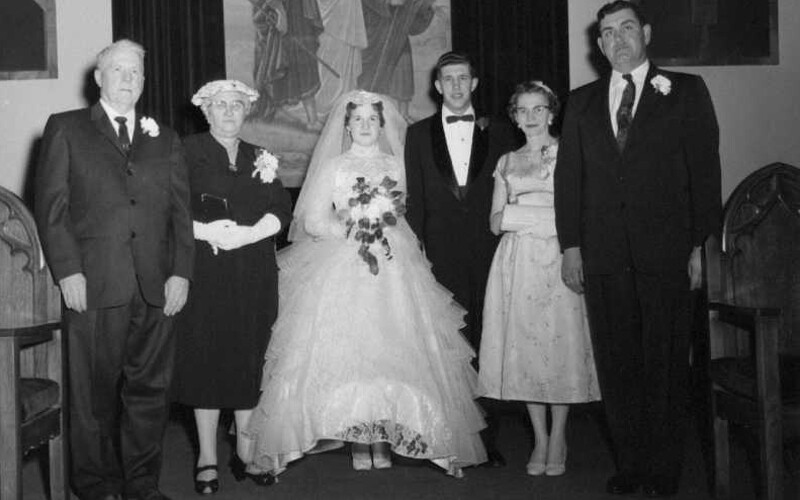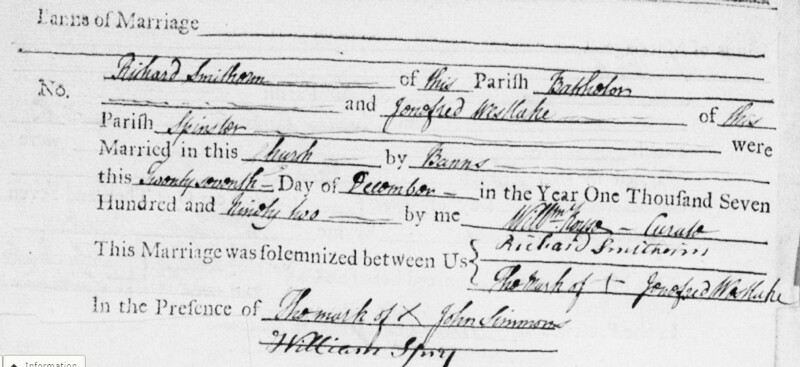If you have English roots, you can search a variety of English historical documents to learn about your ancestors’ identities and stories. Since the 1830s, England has kept civil registration records of residents’ births, marriages, and deaths. Census records showing entire families exist as far back as the 1840s.
Even further back, you may find relatives in parish registers and other kinds of records. Start with these three kinds of records to build your English family tree.
English Censuses
The first type of English historical documents you might try searching is the English census. English census records provide glimpses into ancestral households every 10 years between 1841 and 1911.
You can often follow a relative’s appearance in censuses from adulthood, living with a spouse and children, back in time to childhood, living with parents and siblings. These records may help you reconstruct entire family groups with their names and approximate places and dates of birth.
It is easy to search digitized English census records for free on FamilySearch.org, as well as on subscription genealogy websites findmypast.com and Ancestry.com. The 1921 census, which contains additional personal information not included in previous censuses, is scheduled to be released in early 2022 and will be available on subscription website findmypast.com.
The 1931 census was destroyed in a fire, but a 1939 register, which was taken to document residents of England and Wales on the eve of war, can also be searched on genealogy websites.
Finding James Firth Jr. in English Historical Documents
Though exact details may vary by census, the below image shows the contents of a typical census entry.

James Firth Jr. appears as “head” (of household) with his family: his wife, Hannah, and their children William, Ann, and Grace. Also listed are their ages, places of birth, and occupations. James was a master plasterer; his son appears to have followed him into this trade. Hannah was born in Idle; the rest of the family was born in nearby Eccleshill.
Following this family through multiple census entries can help you identify any additional children (born earlier or later) and see what happened to the family.
To learn more about English census records, watch the video below from the RootsTech conference.
Civil Registrations
Once you have found relatives in English census records, you will generally have enough information to search for English historical documents that record their births, marriages, and deaths. Civil registration of these events began on July 1, 1837, and registration records are generally available after this date.

Online indexes to civil registrations can be searched for free at FamilySearch.org and FreeBMD, as well as at other major genealogy websites. But indexes do not have all the information contained in the original records.
To learn all you can about your ancestors, order copies of the actual civil registrations, which are not available online. Purchase these for a small fee from the General Register Office of the United Kingdom.
Ernest Whittam in English Historical Documents
The below image is a sample birth registration for Ernest Whittam. It provides his exact birth date and place, parents’ names (including his mother’s maiden surname), and father’s profession. Marriage registrations generally include similar kinds of information about the bride and groom, with fathers’ names.

Death registrations don’t usually give the identities of relatives; records usually include just the name, age, sex, and occupation of the deceased, as well as the date, place, and cause of death. However, the informant for any of these events(the person who registered the event) may have been a relative.
English Parish Records
Parish records of the Church of England are another example of English historical documents where you might find your ancestors. Local parishes began keeping baptismal, marriage, and burial records beginning in 1538.
Many of the earliest records haven’t survived, and those that have survived may not be complete. But they are the next place to look for historical evidence about an ancestor’s life or family.
In addition to original registers kept by parishes, bishop’s transcripts of those registers may also exist (between 1598 and about 1860). Look for both types of records, which may include unique details.

Hundreds of millions of church registers are available to search on genealogy websites, including for free on FamilySearch.org and FreeREG. (Subscribers may also search major collections at Ancestry.com and findmypast.com.) You may need to search on multiple websites to find the records specific to an ancestor’s parish. Consider also that ancestors may not have worshipped in the Church of England; if so, their life events may appear in the records of other churches.
To learn more about how to use English church records for your genealogical research, watch this video from the RootsTech conference:
More English Historical Documents
Censuses, civil registrations, and parish records are just three types of historical documents in which information about your ancestors may appear. As you learn more about the identities of your ancestors, you may also successfully discover information about them in other common records.
Try looking through electoral registers, various kinds of death records, and millions of digitized newspaper pages available on subscription websites findmypast.com or the British Newspaper Archives. Find free advice and instruction on tracing English ancestors in the FamilySearch Wiki.
Discover More about Your English Heritage
At FamilySearch, we care about connecting you with your family, and we provide fun discovery experiences and family history services for free. Why? Because we cherish families and believe that connecting generations can improve our lives now and forever. We are a nonprofit organization sponsored by The Church of Jesus Christ of Latter-day Saints. To learn more about our beliefs, click here.





